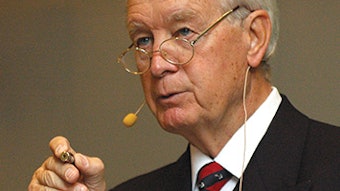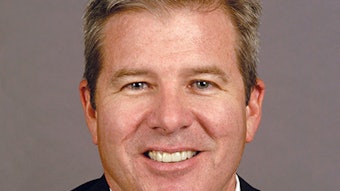Addressing private payer denials
The Health Policy Team collaborates with the Academy’s Physician Payment Policy Workgroup (3P) to address and monitor national practice management issues and private payer denials. Nevertheless, there are challenges at the state/local level that require a more focused approach.

- Avoid denials by properly coding and providing suitable documentation, which includes the correct use of modifiers to break bundling edits.
- Differentiate between pre-certification and pre-determination.
- Be familiar with certain private payer idiosyncrasies.
- Develop a relationship with the Medical Directors and explain your practice patterns.
- If faced with a denial:
a. Ask for detailed rationale on the policy;
b. Verify the initial denial and subsequently collect the necessary information;
c. Request a peer-to-peer review of denial; and
d. Keep your BOG regional representative apprised of the issue/outcome.
Lastly, the Health Policy Team developed a Private Payer Toolkit to assist Academy Members when working with Medical Directors to address localized denials. The toolkit can be found on the Private Payer Advocacy Academy page at www.entnet.org/content/private-payer-advocacy and includes:
- Template appeal letters
- Advocacy statements
- Position Statements
- Clinical Indicators
- CPT for ENTs














